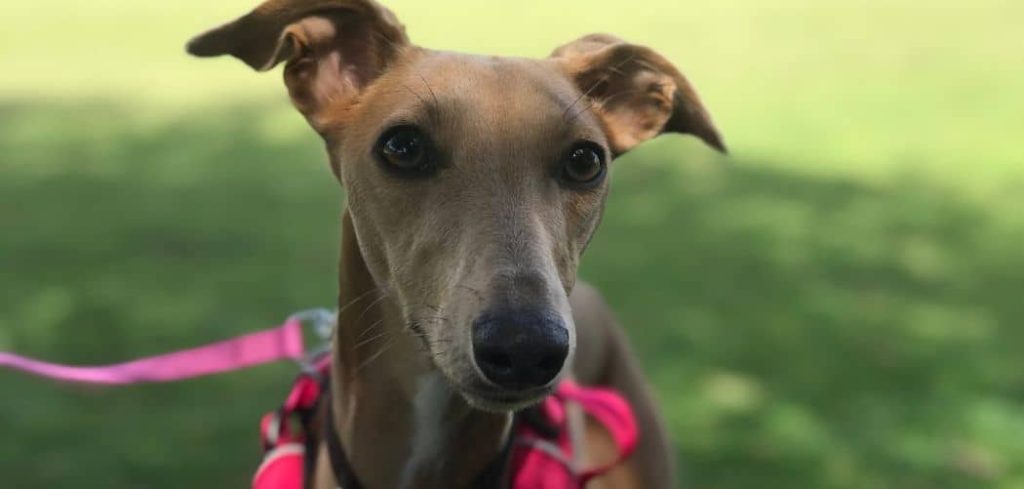It’s always worrying when your dog suddenly stops eating or drinking and seems to sleep all day. This dramatic change in behavior can signal a wide range of health problems — some urgent, others less so.
We outline the common causes of your dog not eating or drinking and just sleeping, what you can do at home, and when to seek veterinary help.
Dog Not Eating or Drinking and Just Sleeping — Why It Happens
If your dog is not eating or drinking and just sleeping, it could be a sign of serious illness, dehydration, infection, organ dysfunction, or extreme fatigue from an underlying condition.

Common Causes of a Dog Not Eating or Drinking and Just Sleeping
1. Illness or Infection
Dogs instinctively reduce activity and food intake when they’re not feeling well. Common culprits include viral or bacterial infections, especially parvovirus in puppies or kennel cough in unvaccinated dogs.
A high fever can sap energy, and nausea from illness can kill appetite.
Signs to watch for:
Warm nose, shivering
Lethargy, trembling
Vomiting or diarrhea
2. Pain or Injury
Pain from dental disease, joint issues, internal injuries, or even arthritis in older dogs can leave them uninterested in food or water. They may prefer to lie still and sleep to avoid discomfort.
Look for signs like:
Limping or whining when touched
Reluctance to move
Drooling or pawing at the mouth
3. Heatstroke or Overheating
Dogs are very sensitive to heat. If they’ve spent too much time in hot weather, they may become lethargic, lose interest in food, and sleep to recover.
Symptoms of heat stress include:
Heavy panting or drooling
Weakness or collapse
Red or pale gums
4. Dehydration
If your dog has stopped drinking, dehydration sets in quickly and worsens fatigue. This becomes a vicious cycle: dehydration causes more lethargy, which prevents drinking.
Try this at home: Gently pinch your dog’s skin at the shoulder — if it doesn’t snap back quickly, dehydration may be present.
5. Digestive Problems
Gastrointestinal issues such as gastritis, intestinal blockages, or food poisoning can cause nausea, vomiting, and fatigue. Dogs may instinctively rest to recover.
Warning signs include:
Vomiting or gagging
Bloating or abdominal discomfort
Straining during bowel movements
Read more: Dog Diarrhea and Not Eating (When to worry)
6. Toxin Ingestion
If your dog ate something toxic — like certain houseplants, human medications, or spoiled food — they may lose appetite and crash into a lethargic state as their body processes the toxin.
Act fast if you notice:
Vomiting or diarrhea
Trembling or seizures
Pale gums or collapse
7. Underlying Chronic Disease
Conditions like kidney disease, liver disease, diabetes, or cancer can all lead to decreased appetite and energy levels over time. These symptoms may worsen gradually or appear suddenly.
Other signs may include:
Weight loss
Bad breath (kidney disease)
Yellowing of eyes or gums (liver issues)
8. Medications or Vaccinations
Some medications — especially antibiotics or painkillers — can cause nausea, appetite loss, or drowsiness. It’s also common for dogs to sleep more and eat less for a day or two after vaccination.
Watch for:
Vomiting after taking pills
Skipping meals after shots
Acting quiet but otherwise alert
Related: Dog poop like jelly with blood and not eating (What it means)
9. Age-Related Changes (Senior Dogs)
Older dogs may sleep more and eat less due to slowing metabolism, dental issues, or underlying age-related conditions like arthritis or dementia.
You might see:
Confusion or pacing at night
Hesitation before eating or drinking
Incontinence or accidents in the house
What You Can Do at Home
Tempt with bland food: Offer plain boiled chicken and rice to see if your dog will nibble. Avoid fatty or spicy foods.
Check hydration: Try adding low-sodium chicken broth to water. You can also offer ice cubes.
Monitor temperature: A normal dog temperature is 101–102.5°F (38.3–39.2°C). Anything higher may signal fever.
Provide a calm space: Make sure your dog is warm, quiet, and not being disturbed while resting.
Check for vomiting or diarrhea: Take note of frequency, color, and content. These help your vet diagnose the issue.
When to See the Vet
You should contact your vet immediately if:
Your dog hasn’t eaten or drunk for over 24 hours
Vomiting or diarrhea is present
Gums appear pale, blue, or yellow
Breathing is labored or rapid
Collapse, weakness, or shaking occurs
Dogs decline quickly when not eating or drinking — especially puppies, seniors, or those with chronic conditions. Prompt veterinary attention can make all the difference.
Key Takeaway
If your dog is not eating or drinking and just sleeping, something is wrong.
Whether it’s a mild stomach upset or a more serious health condition, the change is your dog’s way of saying they need help. Monitor closely, provide comfort, and don’t hesitate to call your vet.
